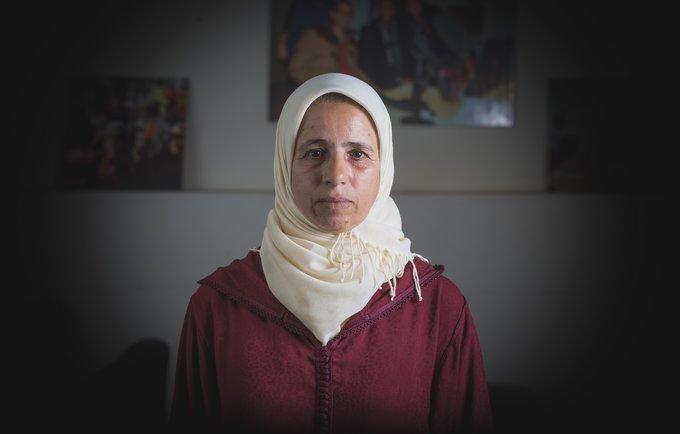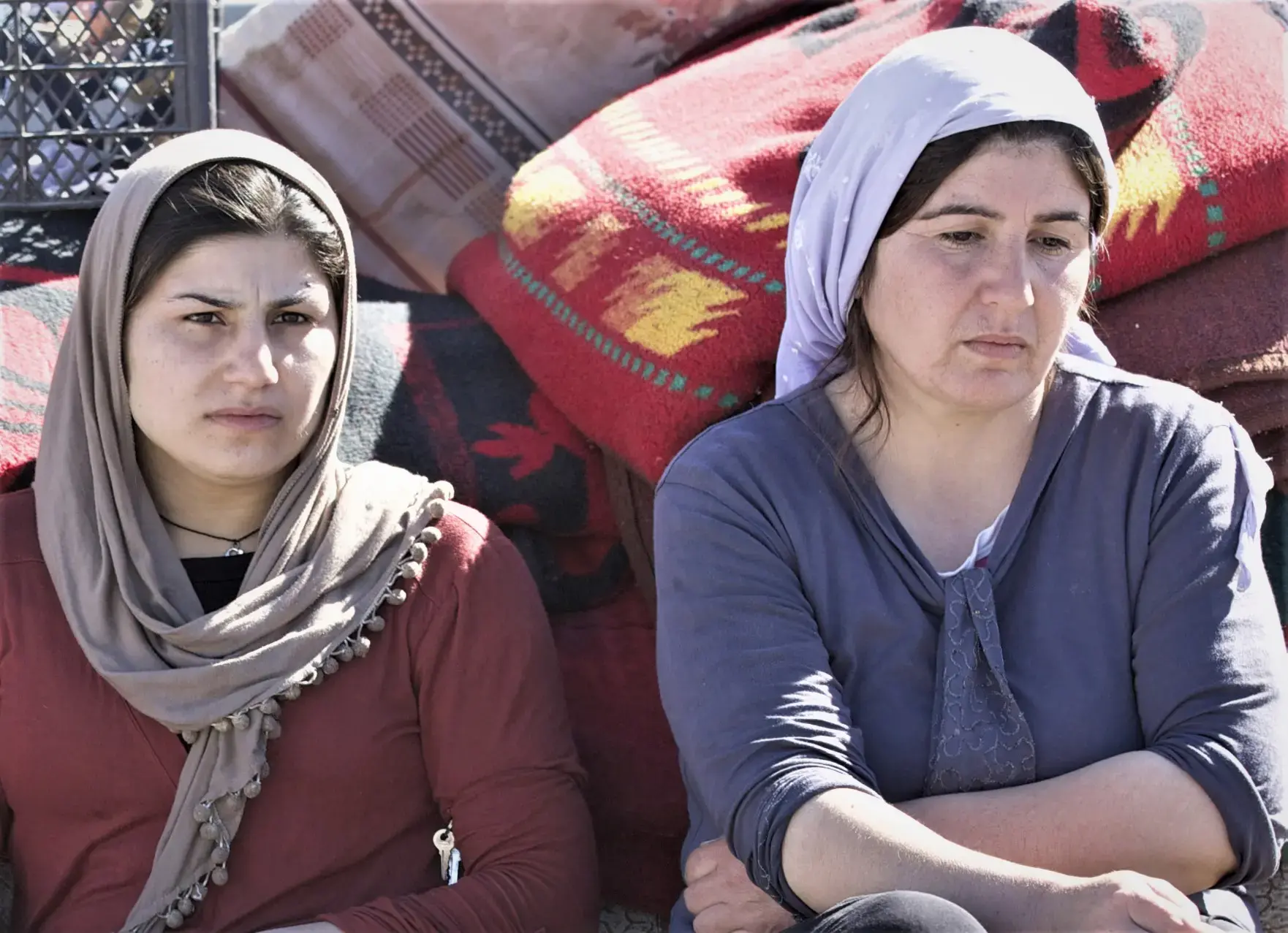Morocco- More than 10 years into her marriage, Khadija, who is now divorced, recalls how she left her home under threats of death.
“I was forced to leave home with my baby in my hands”.
With no education, or employment, Khadija had to live without resources, when domestic violence at home became life-threatening.
“No girl should ever be deprived of going to school. This is the only way for girls to get education, and to get decent jobs afterwards.”
In spite of the progress Morocco achieved in terms of gender equality in education, and promoting elementary education of boys and girls, rural girls high-school enrollment rates are still no more than 30.6% as of 2014.
Khadija got a divorce, ending the physical torture she endured. Her struggle to provide for herself and for her child, however, was just starting, because her divorcee refused to provide maintenance.
Although her family supported her, gave her a roof to sleep under and enough food for her child, Khadija wasn’t able to handle the psychological pressure that came with financial dependency.
“During Holidays in particular, I was usually sad, because on these occasions I used to come face to face with my unfulfilled financial needs”.
Khadija decided to earn her own income, and after two years of hard laborious work, a radio show completely changed her life.
“The show was talking about a centre that supports female survivors of gender-based violence. The centre was near to where I live, so I didn’t hesitate to visit.”
Media has a central role as a strategic actor for change. This role is particularly important when it comes to supporting development programmes targeting the most vulnerable groups with the aim of enhancing their living standards.
Media are strong partners in creating an environment that supports the success of such programmes, through spreading information, encouraging critique and public discussions, as well as communicating to advocate for the survivors of gender-based violence.
UNFPA, the United Nations sexual and reproductive health agency, organizes awareness-raising workshops for media professionals, highlighting the need to spread a culture of equality, ending stereotyping, and challenging gender-based violence and all kinds of discrimination against women and girls.
UNFPA also supports the delivery of basic services to women and girls survivors of gender-based violence including quality social services, that are necessary for their empowerment.
And so, Khadija’s life changed radically when she found the multi-function Al-Bathaa Centre as she benefited from services such as counseling and vocational training to embark on a fresh start.
“The centre also granted me the opportunity to explore my talents in business. It provided me with the support that helped me launch my own project”.
The connections and relationships that Khadija managed to forge during her stay at the centre continue to push her, until now, to visit it frequently whenever she gets the chance to support other survivors.
Khadija eyes the future with confidence and joy, and she dreams about opening her shop soon.




